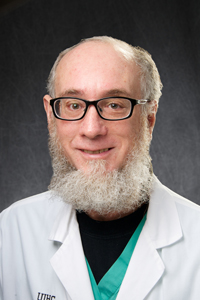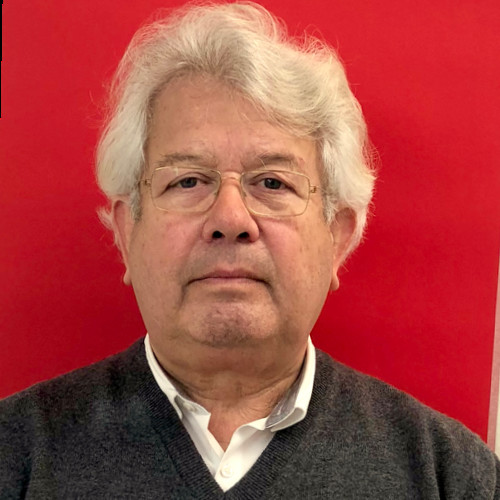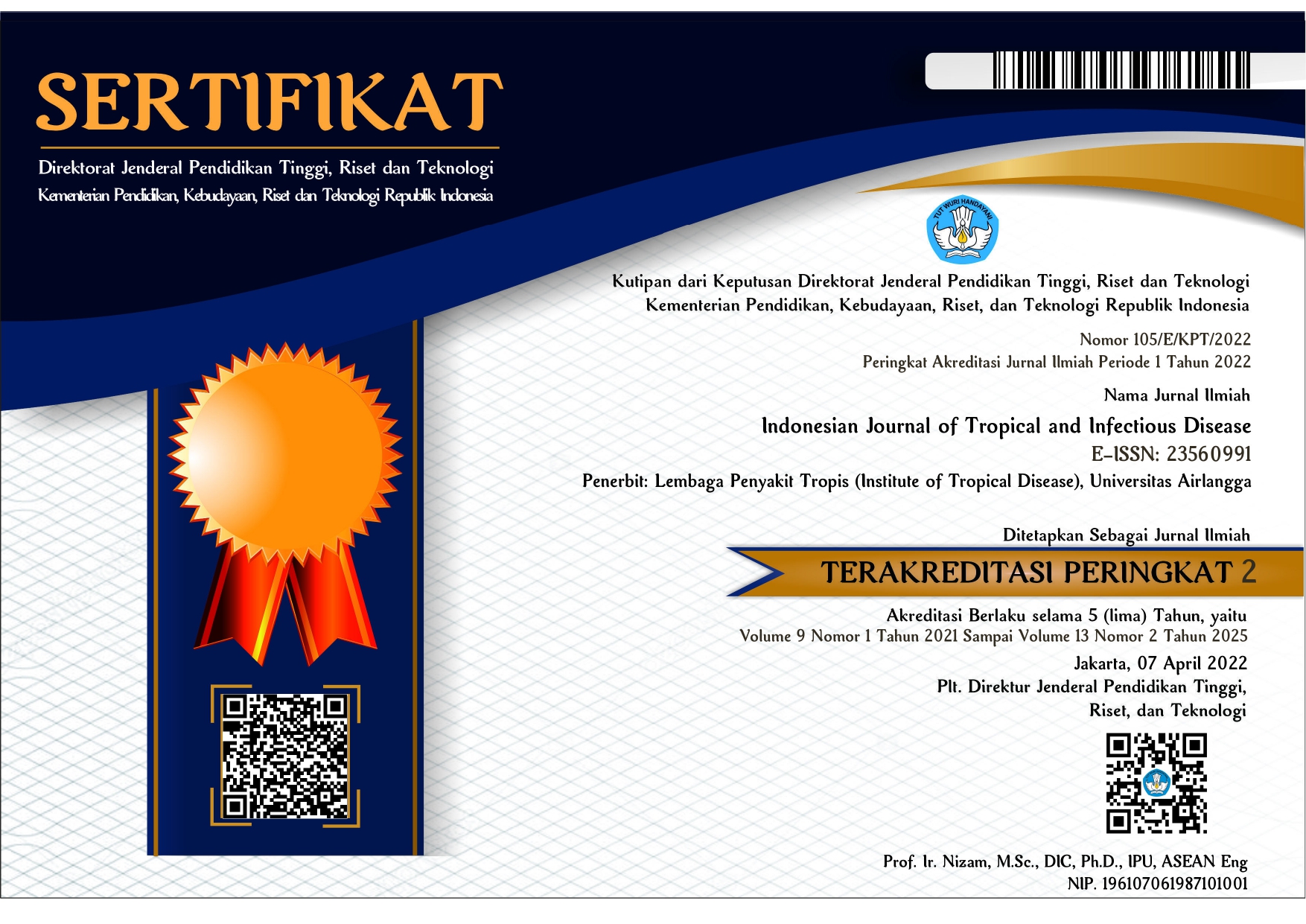Serotype and Clinical Performance of Dengue Virus Infection on the Year 2009
Downloads
Dengue hemorrhagic fever is one of the important health problem in Indonesia, mortality rate is becoming decrease but many
dengue shock syndrome cases is very difficult to be help. Previous study showed that some of DEN 2 and DEN 3 virus cases could
show a clinical performance of severe dengue virus infection such as dengue shock syndrome. There are four serotype of dengue virus
infection can cause primary and secondary infection. The aim of this research is to know the relationship between clinical performance
of dengue virus infection and serotype dengue virus and also to know the role of primary and secondary infection and age of dengue
virus cases. A prospective analytic observational study, which was conducted in Dr. Soetomo hospital since January 2009. RT-PCR
was used to attempt to identify the infecting serotype from dengue virus isolated using vero cell. Antibody responses were measured
by ELISA and clinical manifestation were measured with the WHO criteria 1997. Dengue serotype identification by RT-PCR was 70
patients. Virus types were DEN-2 65(92.8%), DEN-1 3(4.2%), and DEN-3 2(2.8%). Patients with DEN-1 genotype IV were more trend
severe disease DSS and unusual infection. Commanly usually secondary exposure cause more severe clinical manifestation than primary
exposure (p = 0.035) but in this study found that all of DEN-1 genotype IV, primary or secondary infection to show severe clinical
manifestation of dengue virus infection. We can conclude that DEN-2 was the most dominant serotype in Dr. Soetomo Hospital. On
Primary and secondary infection, DEN-1 genotype IV showing more severe than DEN-2 and DEN-3.
avidity of dengue virus specific T-cell clones for variant peptides
representing heterologous and previously encountered serotypes.
J Virol 81:10081–10091.
Angel B, Maria G, Samantha H, et al, 2002. Diagnosis of dengue
virus infection by detection of specific immunoglobulin M and
IgA antibodies in serum and saliva. Clinl Diagn Lab Immunol 10: 317–322.
Angel B, Samantha N, Perez L, et al, 2006. Serotype specific differences in
clinical manifestations of dengue. Am J Trop Med Hyg 74:449-456
Aryati 2003.Aspek Laboratorium demam berdarah dengue. Dalam:
Soegijanto S. Demam berdarah dengue. Surabaya: Airlangga
University Press, hlm 117–132.
Balmaseda A, Samantha N, Perez L, et al, 2006. Serotype specific
differences in clinical manifestations of dengue. Am J Trop Med
Hyg 74:449–456
Bhamarapravati N. Pathology of dengue haemorrhagic fever. In:
Thangcharoen P, editors. Monograph on dengue/dengue haemorrhagic
fever WHO. New Delhi: 1993.p72–79.
Branch SL, Paul NL, 1999. Evaluation of four methods for detection
of immunoglobulin M antibodies to dengue virus. Clinl Diagn Lab
Immunol 6:555–557.
Chaturvedi UC, Nagar R, Shrivastava R, 2006. Macrophage & dengueMacrophage & dengue
virus: friend or for? Indian J Med Res 124:23–40.
Chen HC, Hofman FM, Kung JT, Lin YD, 2007. Both virus and tumor
necrosis factor alpha are critical for endothelium damage in a mouse
model of dengue virus induced hemorrhage. J Virol 81:5518–5526.
Chareonsirisuthigul T, Kalayanarooj S, Ubol S, 2007. Dengue virus
(DENV) antibody-dependent enhancement of infection upregulates
the production of anti-inflamatory cytokines, but suppresses antiDENV
free radical and pro-inflamatory cytokine production, in THP-1 cells. J Virol 88:365–375.
Dinas Kesehatan Propinsi Jawa Timur, 2001. Situasi kasus DBD dan
kebijaksanaan program P2 DBD Propinsi Jawa Timur tahun 2002.
Pertemuan kewaspadaan dini DBD bagi dokter spesialis dan dokter
Puskesmas Propinsi Jawa Timur.
Eva H, Elsa V, Leonel P, Erick S, 2000. Clinical, epidemiologic, and
virologic features of dengue in the 1998 epidemic in Nicaragua. Am
J Trop Med Hyg 63:5–11.
Gubler DJ, 1998. Dengue and dengue hemorrhagic fever. Clinical
Microbiology Review, 11:480–496.
Guha D, Schimmer B, 2005. Dengue fever: new paradigms for a changing epidemiology. Emerging Themes in Epidemiology, 2: 1–10.
Halstead SB, Heinz FX, Barrett AD, Roehrig JT, 2005. Dengue virus:
molecular basis of cell entry and pathogenesis. Vaccine 23:849-856
Halstead SB. Pathophysiology and pathogenesis of dengue hemorrhagic fever. In:Thangcharoen P, editors. Monograph on dengue/dengue haemorrhagic fever WHO. New Delhi: 1993.p80–99.
Harris E, Videa E, Perez L, et al, 2000. Clinical, epidemiologic, and Clinical, epidemiologic, and
virologic features of dengua in the 1998 epidemic in Nicaragua. Am
J Trop Med Hyg, 63:5–11.
Huang KJ, Chen SC, Liu HS, Lin YS. Manifestation of thrombocytopenia in dengue-2 virus infected mice. Journal of General Virology 81:2177–182.
Hung NT, Lan NT, Lei HY, et al, 2005. Association between sex,
nutritional status, severity of dengue hemorrhagic fever, and immune
status in infant with dengue hemorrhagic fever. Am J Trop Med Hyg 73:370–374
John RS, 2005. Understanding dengue pathogenesis: implications for
vaccine design. Bull Who 83:308–314.
Kalayanarooj S, Nimmanntiya S, 2005. Is dengue severity related
to nutritional status. South Asian J Trop Med Public Healh 36:378–385.
Kao LC, King C, Chao D, Chang J, 2004. Laboratory diagnosis of dengue virus infection: current and future perspectives in clinical diagnosis and public health. J. Microbiol Imunol 38:5–16 .
Karen C, Jennifer L, Eva H, 2006. Recent advances in deciphering viral
and host determinants of dengue virus replication and pathogenesis.
J Virol 80:11418–11431.
Leitmeyer K, David W, Douglas M, et al, 1999, Dengue virus structural differences that corelate with pathogenesis. J Virol 73:4738–4747.
Malloy M, Alan LR, 2005. Altered cytokine responses of dengue specific CD4 T cells to heterologous serotype. J Immunol 175:2676–2683.
Matheus S, Deparis X, Labeau B, Lelarge J, 2005. Discrimination between primary and secondary dengue virus infection by immunoglobulin G avidity test using a single acute-phase serum sample. J Clin Microbiol 43:2793–2797
Nasrum M, Sabran A, 2006. Tehnik identifikasi serotipe virus dengue
dengan uji reverse transcription polymerase chain reaction (RT-PCR).
J Med Nus 27:68–72.
Pervin M, Tabassum S, Ali M, 2004. Clinical and laboratory observations associated with the 2000 dengue outbreak in Dhaka, Bangladesh. Dengue Bulletin 28:96–106.
Seneviratne SL, Malavige GN, Silva HJ, 2005. Pathogenesis of liver
involvement during dengue viral infections. J Trop Med Hyg
100:608–614.
Seema, Jain SK, 2005. Molecular mechanism of pathogenesis of dengue virus: entry and fusion with target cell. J Clin Bio 20: 92–103.
Shu PY, Huang JH, 2004. Current advances in dengue diagnosis. Clinl Diagn Lab Immunol 11:642–650.
Soegijanto S, 1999. Masalah penyakit DBD di Indonesia. Dalam:
Soegijanto S. Demam berdarah dengue. Surabaya: Airlangga
University Press, hlm 5-9. University Press, hlm 5-9.
Sriprom M, Pongsumpun P, Yoksan S, et al, 2003. Dengue haemorrhagic fever in Thailand, 1998–2003: primary or secondary infection. Dengue Bulletin 27:36–46.
Takol C, Siripen K, Sukathida U, 2007. Dengue virus (DENV) antibodydependent enhancement of infection upregulates the production ofanti-inflamatory cytokines. J Virol 88:365–375.
Vaughn DW, Green S, Kalayanarooj S, et al,2000. Dengue viremia titer, antibody response pattern, and virus serotype correlate with disease severity. J Infect Dis 181:2–9.
Veeradej VW, Endy TP, Samakoses R, et al, 2003. Transplacentally Transplacentally transferred maternal-infant antibodies to dengue virus. Am J Trop Med Hyg 69:123–128.
The Indonesian Journal of Tropical and Infectious Disease (IJTID) is a scientific peer-reviewed journal freely available to be accessed, downloaded, and used for research. All articles published in the IJTID are licensed under the Creative Commons Attribution-NonCommercial-ShareAlike 4.0 International License, which is under the following terms:
Attribution ” You must give appropriate credit, link to the license, and indicate if changes were made. You may do so reasonably, but not in any way that suggests the licensor endorses you or your use.
NonCommercial ” You may not use the material for commercial purposes.
ShareAlike ” If you remix, transform, or build upon the material, you must distribute your contributions under the same license as the original.
No additional restrictions ” You may not apply legal terms or technological measures that legally restrict others from doing anything the license permits.























